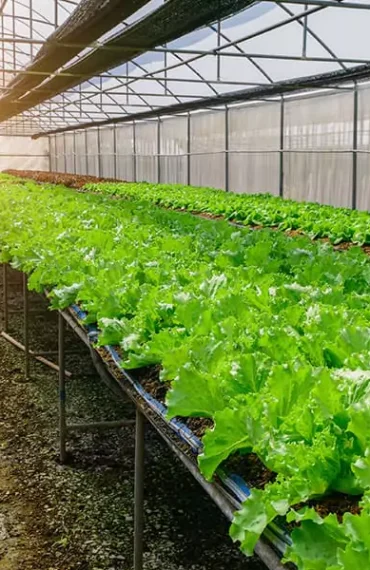India

Organic farming represents a comprehensive approach to agriculture that emphasizes sustainability, environmental stewardship, and the production of safe, nutritious food. This method contrasts with conventional farming by avoiding synthetic chemicals and genetically modified organisms (GMOs), relying instead on natural processes to enhance soil fertility, manage pests and diseases, and promote biodiversity. Here’s an in-depth exploration of organic farming principles, benefits, challenges, and its role in sustainable agriculture. By avoiding synthetic chemicals and promoting natural pest control methods, organic farming reduces soil erosion, improves water quality, and protects biodiversity. Healthy soils and diverse ecosystems contribute to long-term agricultural sustainability and resilience to climate change.
Challenges
Climate Change Adaptation
Consumer Education
Land Access and Land Conversion
Certification Costs and Complexity
Organic farming embodies a holistic approach to agriculture that promotes environmental health, biodiversity conservation, and sustainable food production. While facing challenges such as higher production costs, market competition, and regulatory complexities, organic farming offers numerous benefits for farmers, consumers, and the environment. By fostering healthy soils, minimizing environmental impact, and producing nutritious food, organic farming contributes to a resilient and sustainable food system for future generations.
Recently Completed




